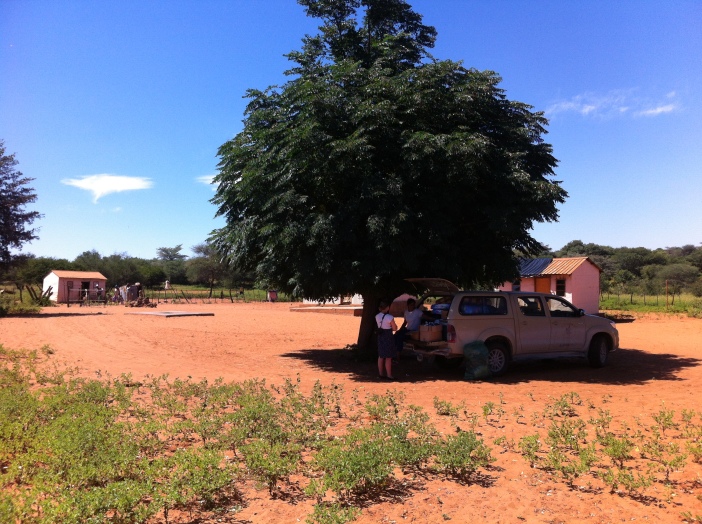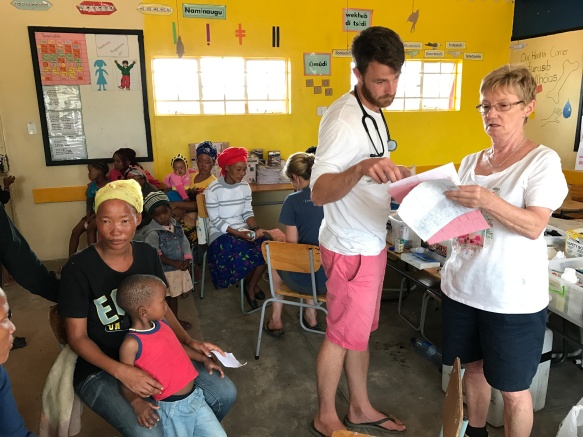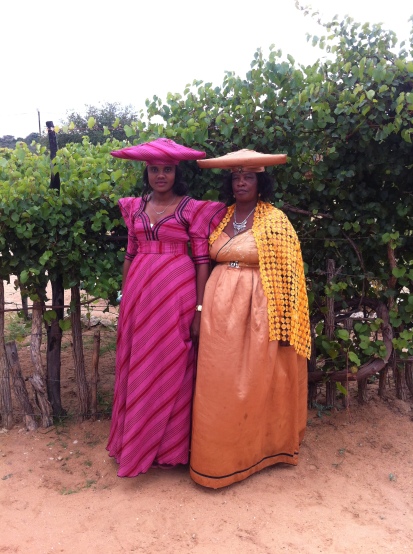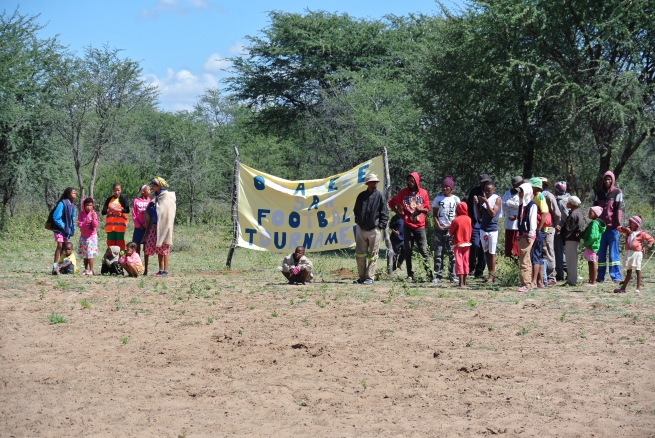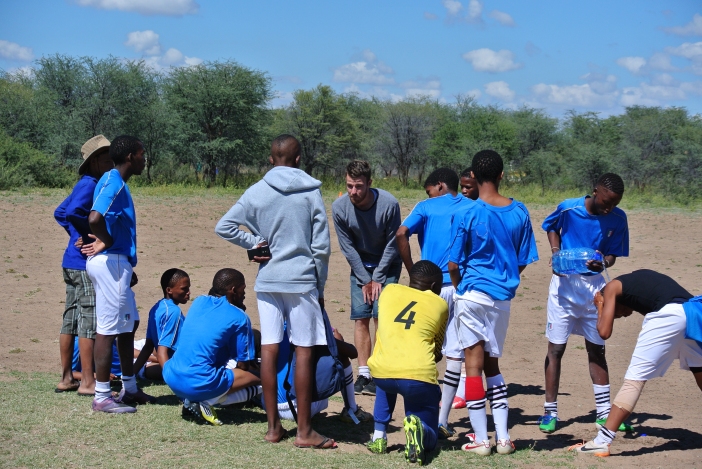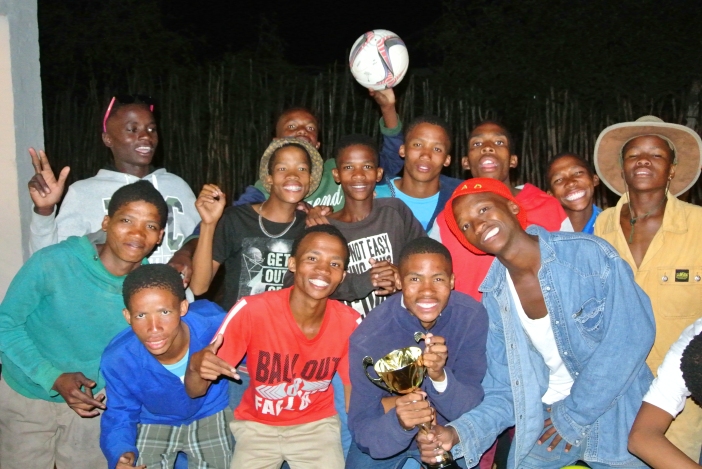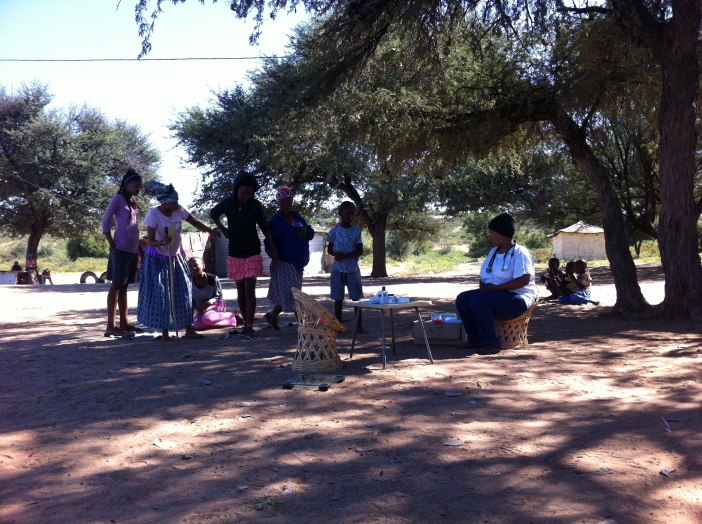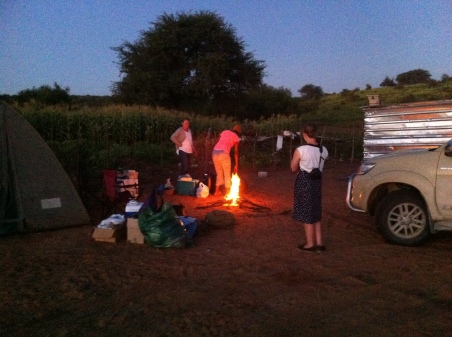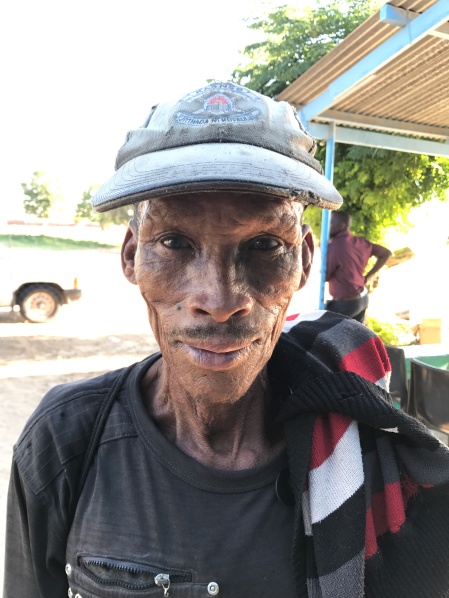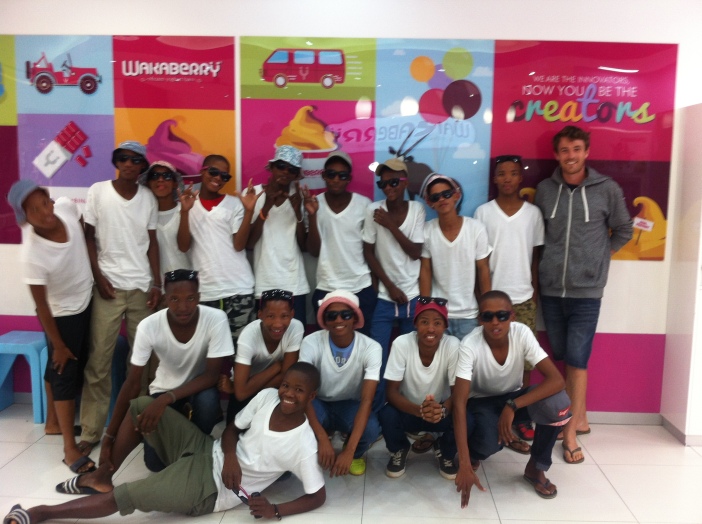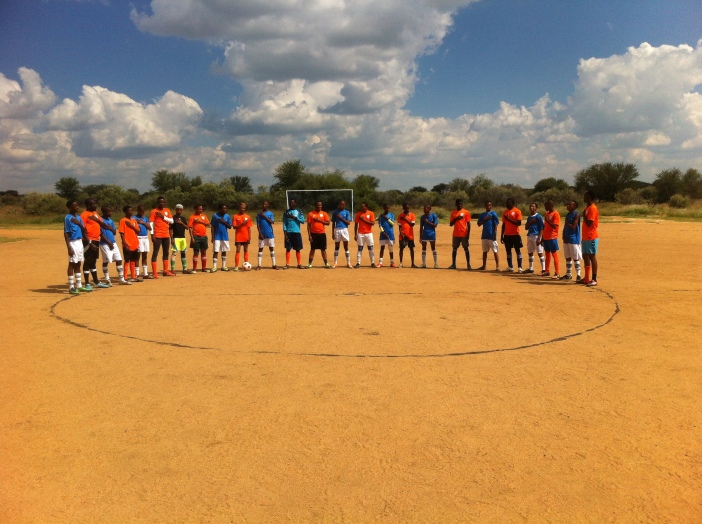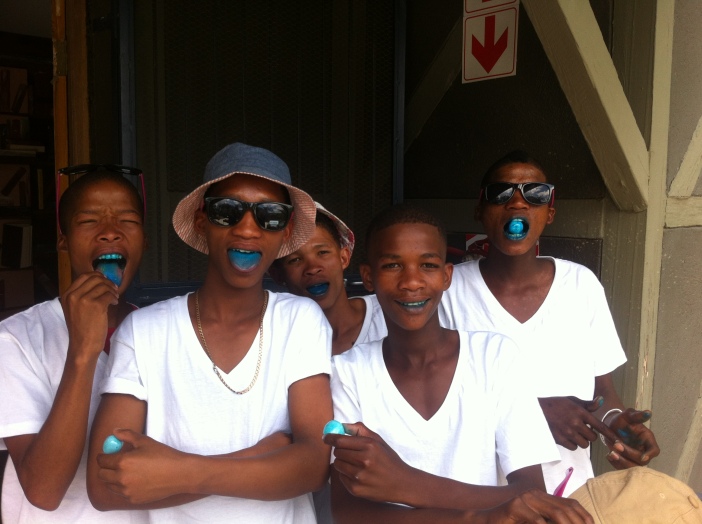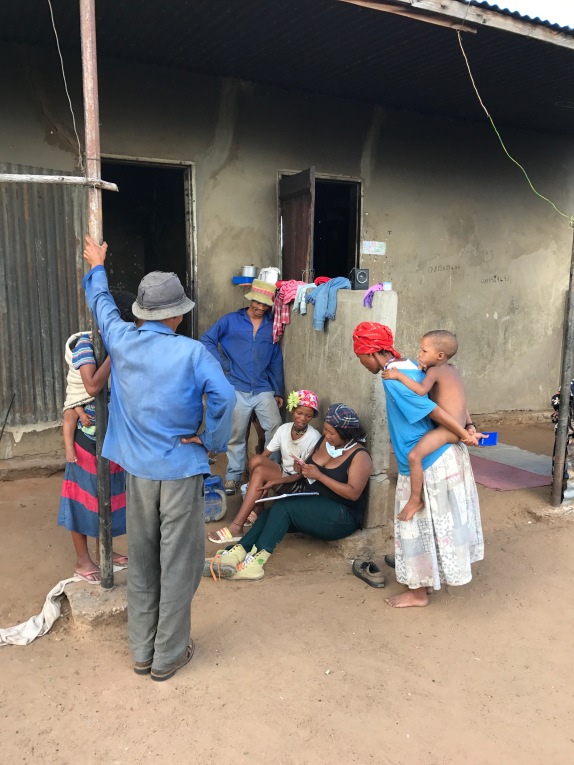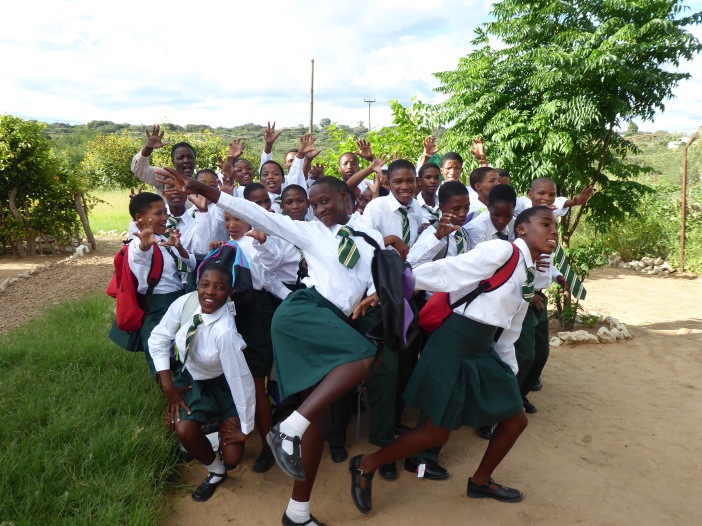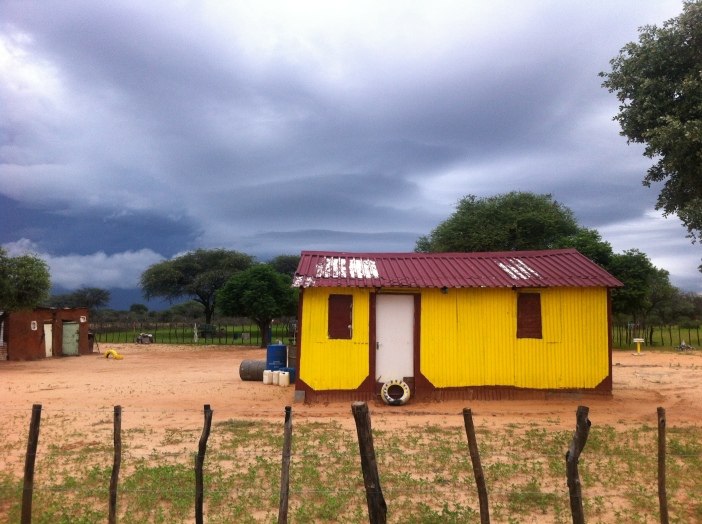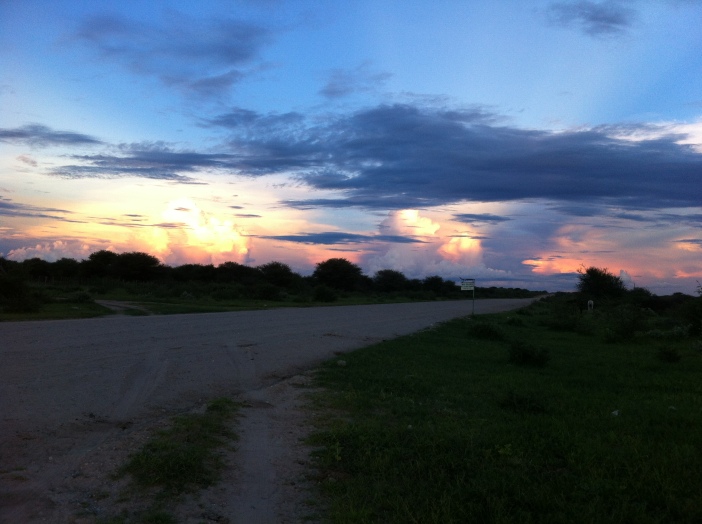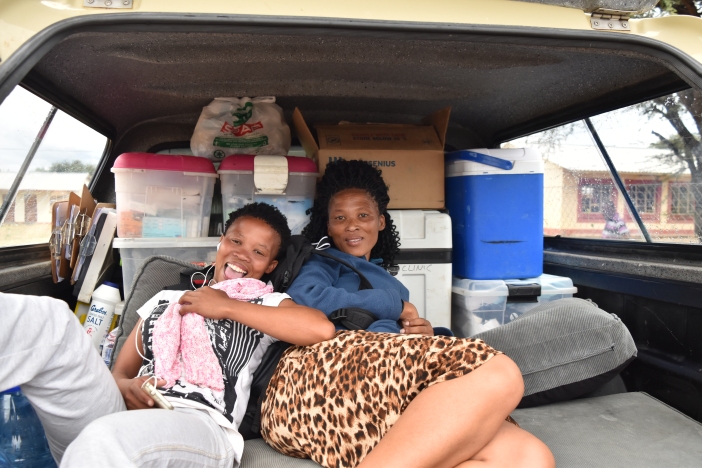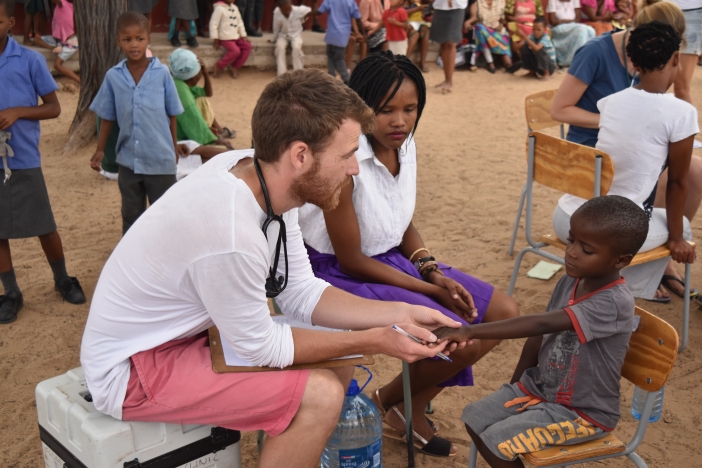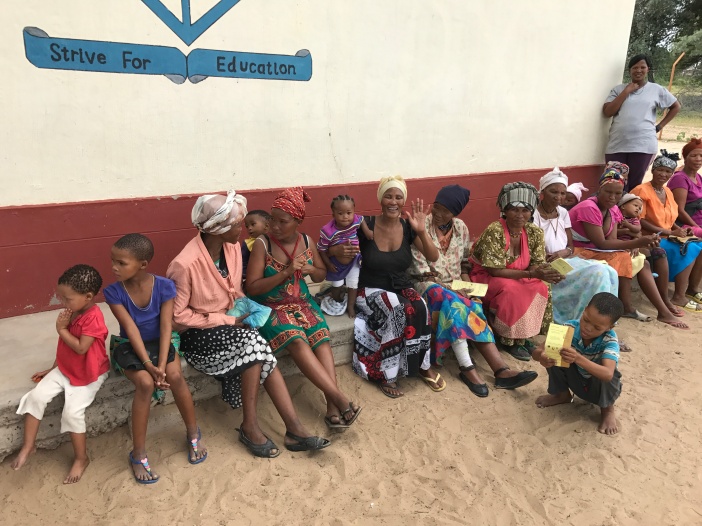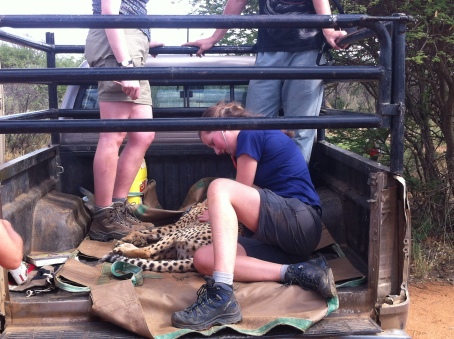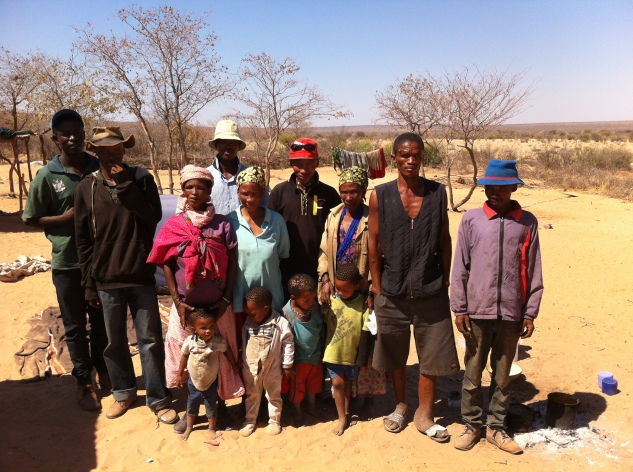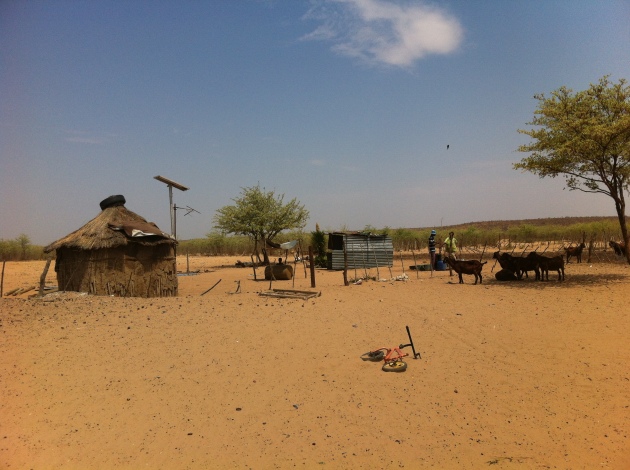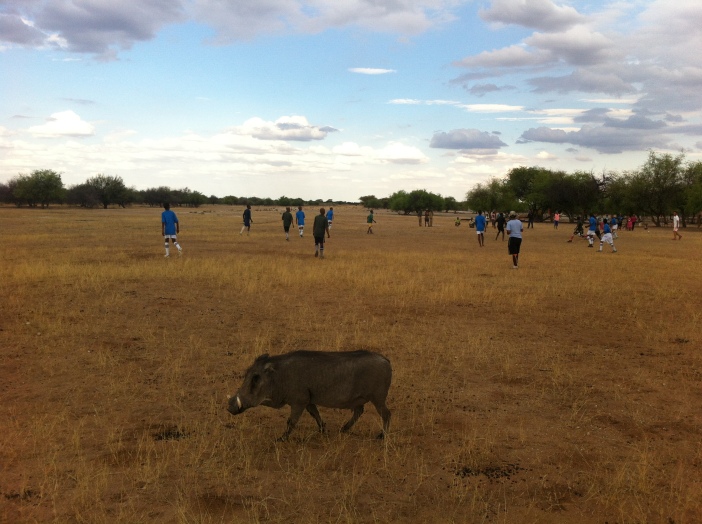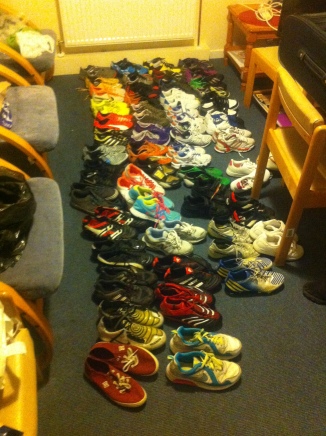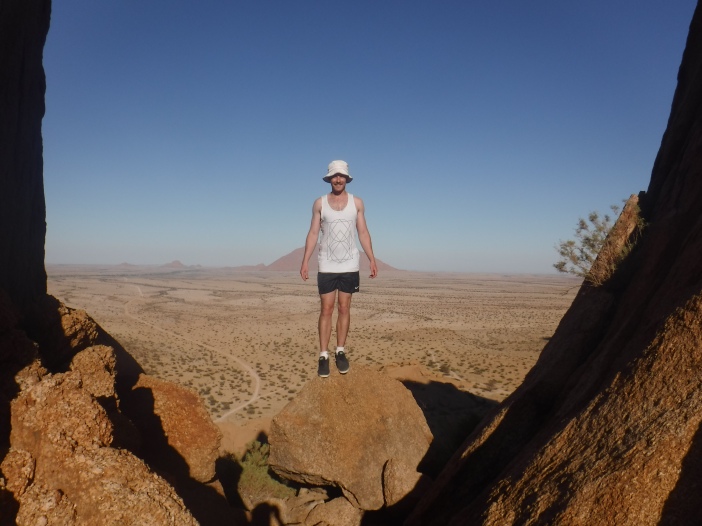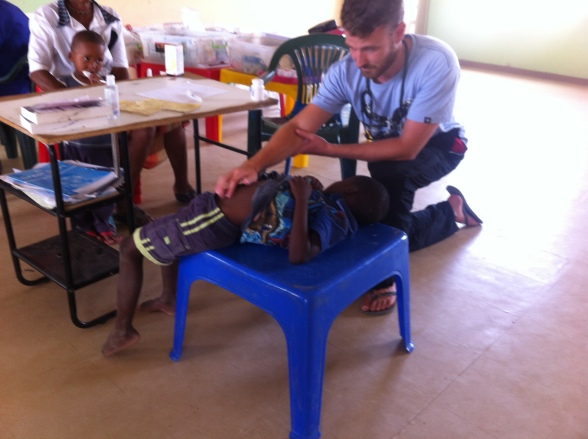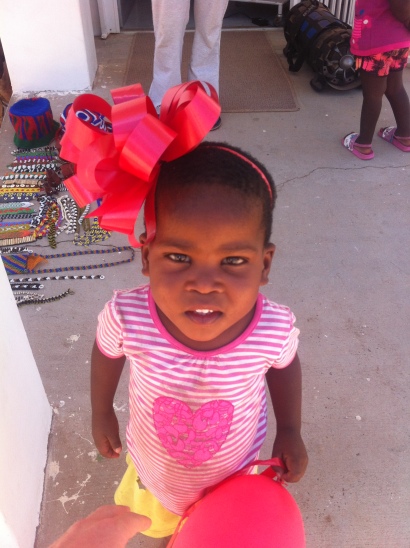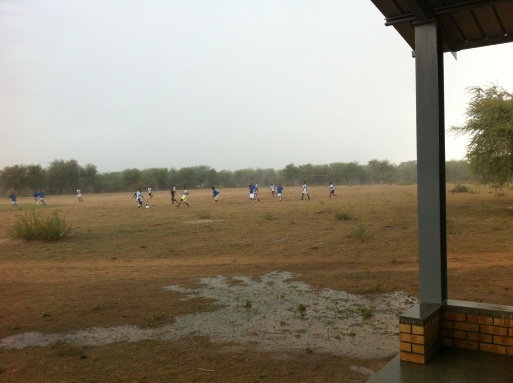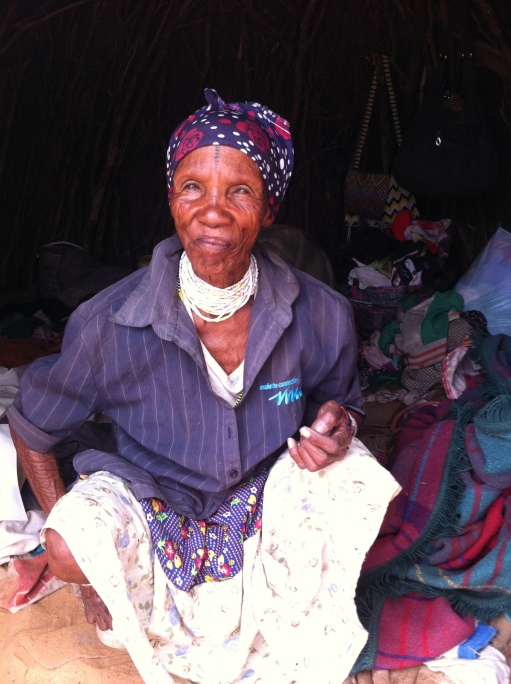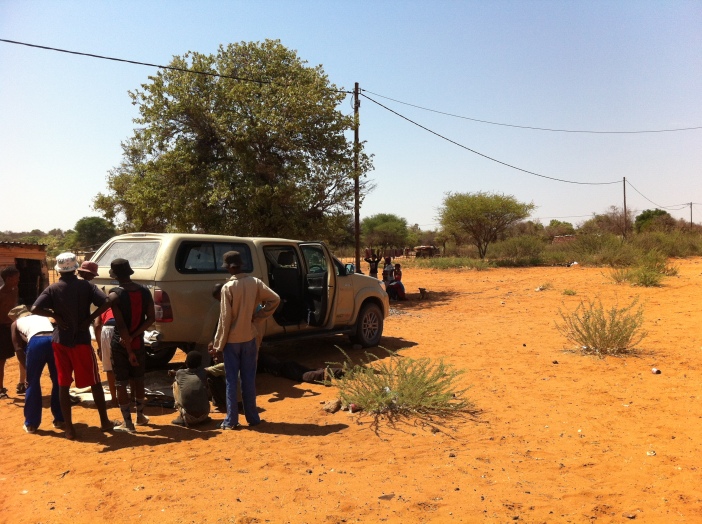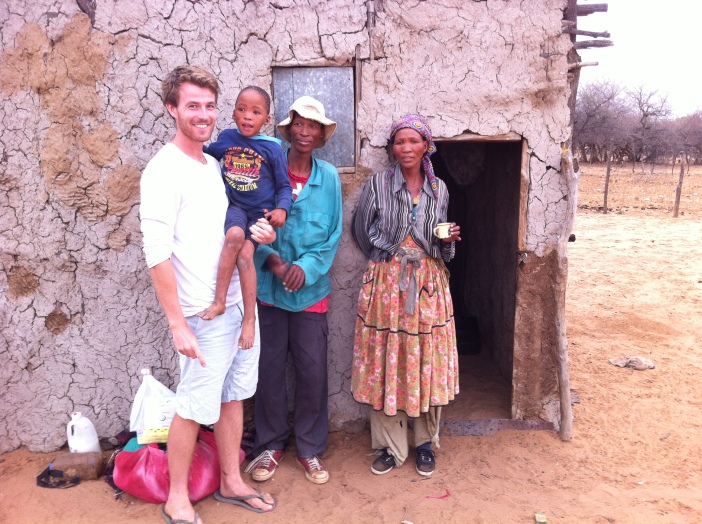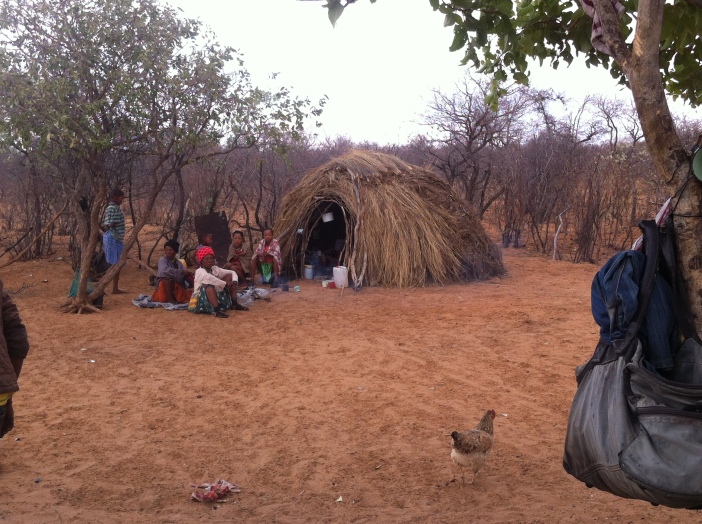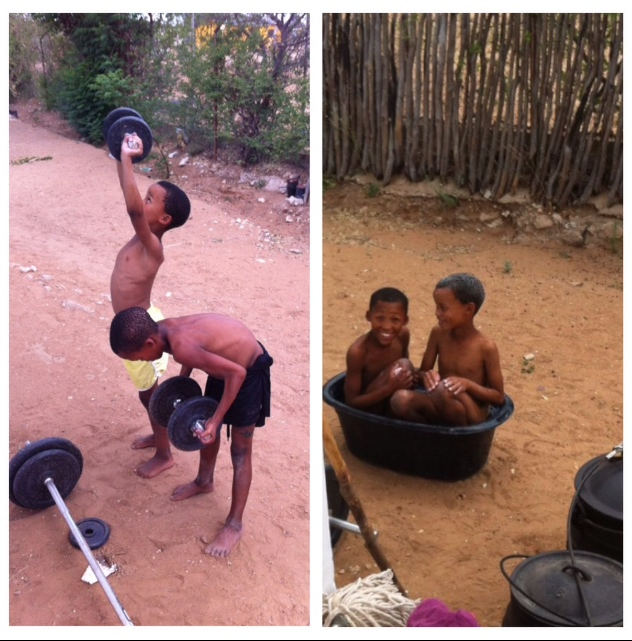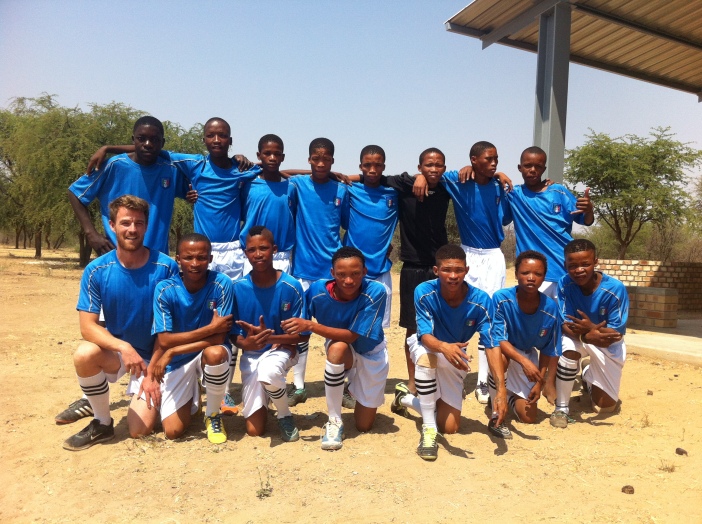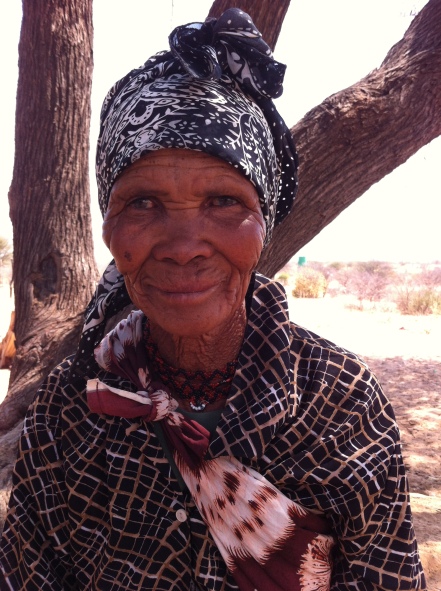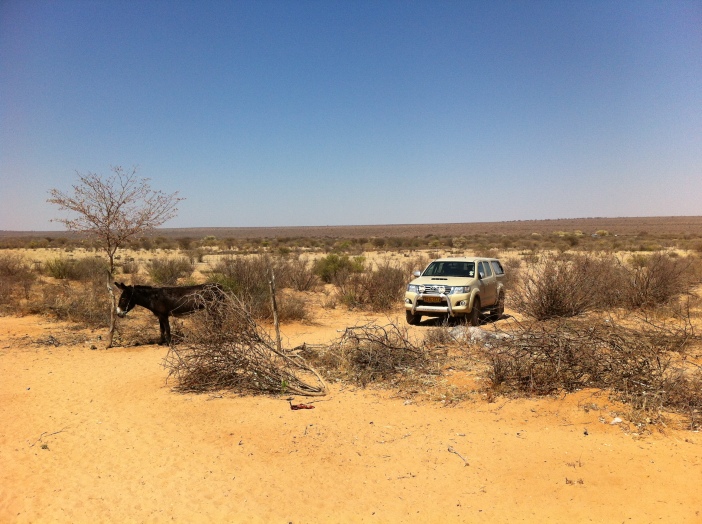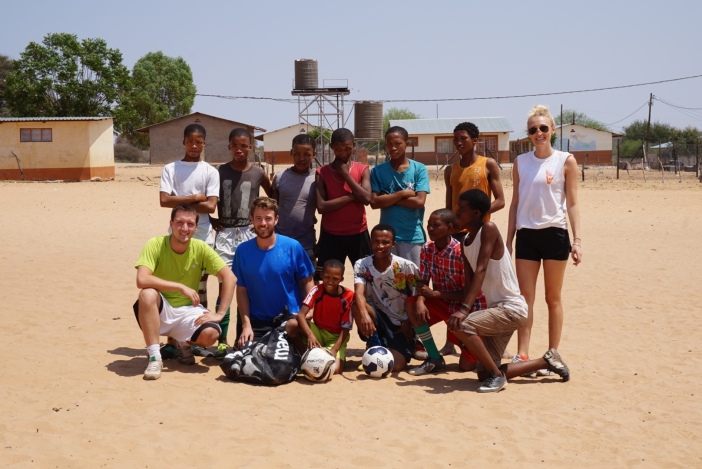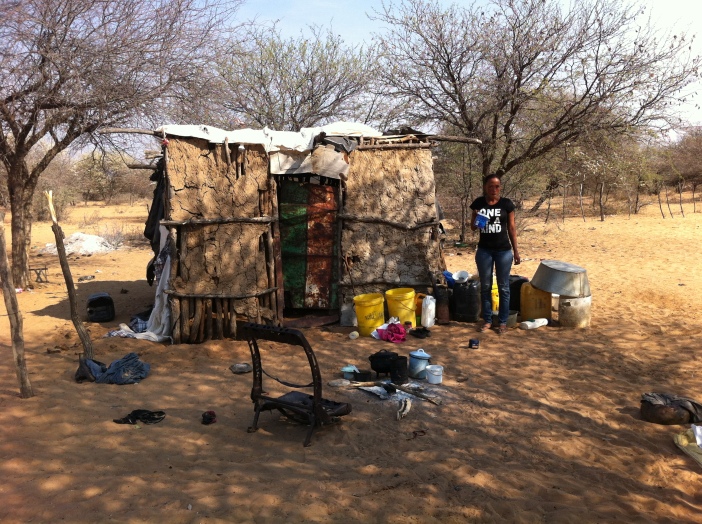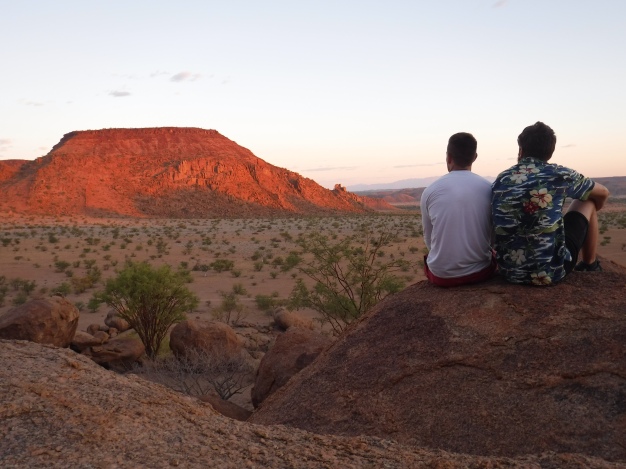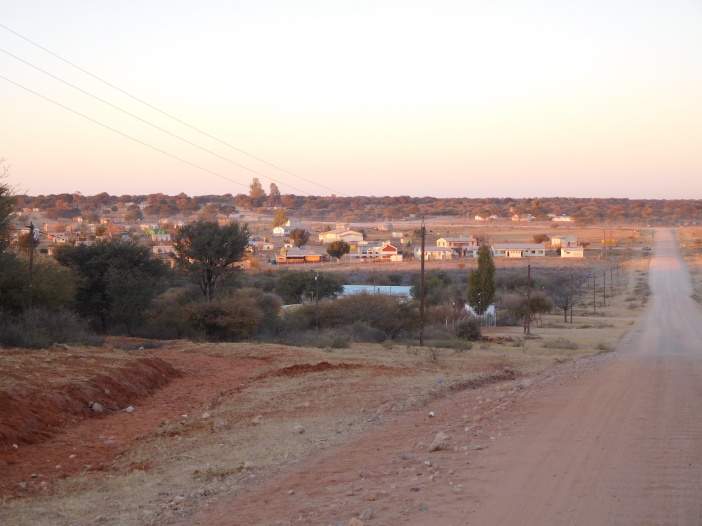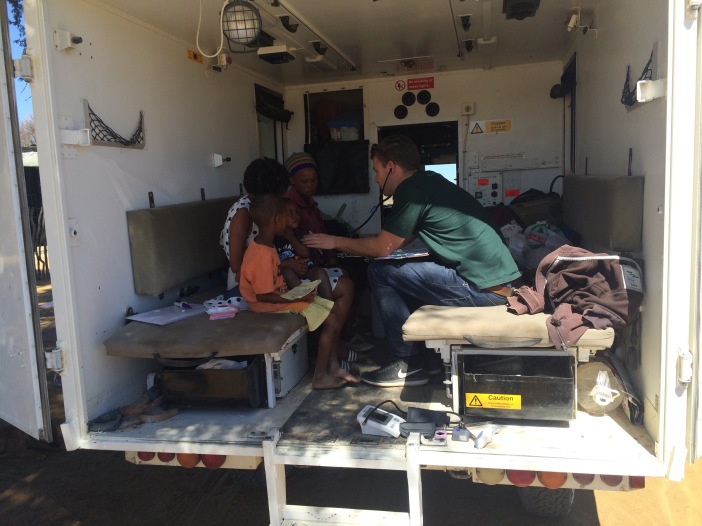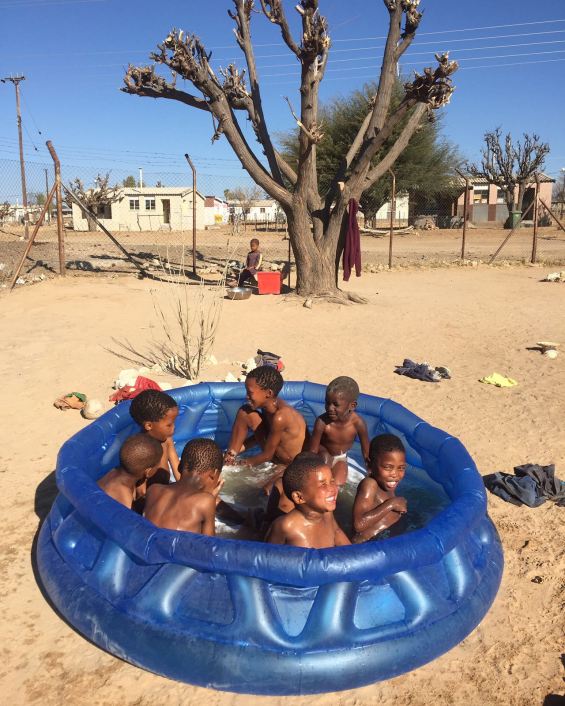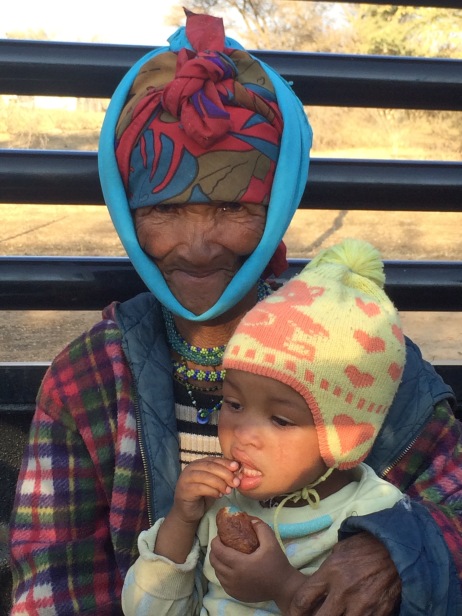May started off with a trip to Bangkok with several of my colleagues working on the TB project for the Lifeline Clinic. Our project is to increase TB diagnoses in the San community by going out to screen people in their own villages and settlements. In order to stop the worldwide TB epidemic, increasing diagnoses is an essential goal, as there are millions of people worldwide that have TB disease but have not been diagnosed. In the last few years TB has overtaken HIV as the infectious disease that kills the highest number of people worldwide each year, despite only receiving a fraction of the publicity or research funding.
The four-day meeting gave us detailed information on the monitoring and evaluation of the project (data analysis to make sure the project actually makes a positive difference to TB diagnoses), introduced us to the STOP TB team, and provided lectures on public health. I loved it there. The projects and the people running them were super interesting. One group was working with the transgender population in Karachi, Pakistan. This underground and discriminated against population is at high risk of TB and the project’s aim was to use links in the ‘Khawajasiras’ community to screen this population for TB. My favourite project was an ambitious one to use drones in Madagascar. The aim was to transport samples of sputum (the main test for diagnosing TB) to the hospital, then transport medication back to the remote villages if the test was positive. Due to the difficult, mountainous terrain it can often take many days for the sputum samples to reach the hospital laboratory from the remote villages and completing the 6-month long TB treatment remains highly problematic. It was awesome to be associated with innovative and ambitious projects that could really make a difference to the communities where they are based.
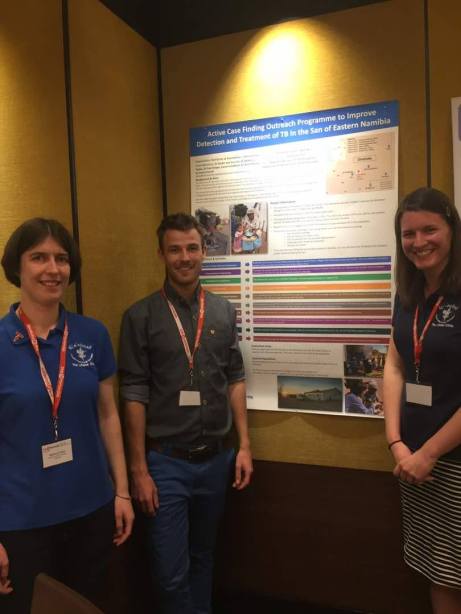
I was left with three main thoughts from the meeting in Bangkok. The first was that perhaps we were way out of our league. At the meeting, there were world famous professors (famous in the TB world anyway), organisations with over 20 000 employees, prestigious universities, and then our tiny rural clinic with six staff. Second, it was a strange feeling staying in the poshest hotel I’ve ever stayed in, discussing grass roots solutions to TB problems in some of the poorest and most disadvantaged communities in the world. Could the hundreds of thousands of US dollars the conference cost have been better spent on the projects on the ground? My opinion is that the meeting was worth the money. If it prevents even one project from failing then it has paid back the investment.
Third, I liked it so much that maybe this is something I’d be interested in doing more of in the future. At the start of this year in Namibia I was absolutely certain I wanted to be an oncologist. Half way through the year I was reasonably confident that I wanted the variety and flexibility of becoming a GP, and now I have more interest in international health and infectious diseases.
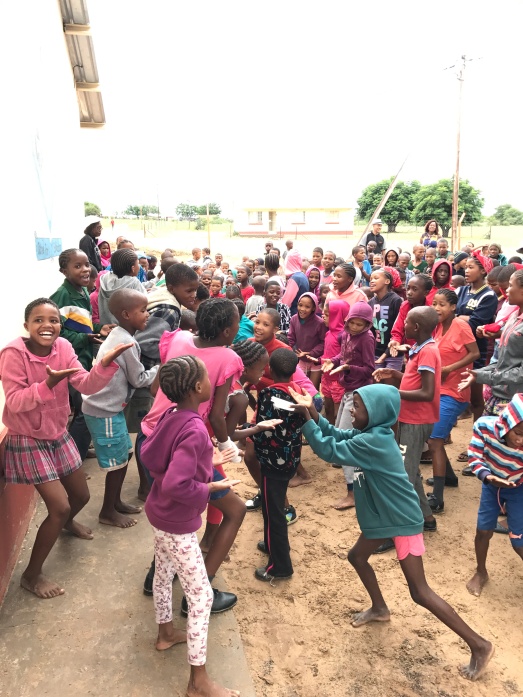
One of the things that I’m going to miss about living in the Kalahari is the animals. There aren’t many jobs where the list of wild animals that you’ve seen while working include: kudu, aardvark, warthogs, baboons, black mamba, puff adder and boomslang snakes, porcupines and chameleons. Add to that the giraffe, rhino and wildebeest we see while visiting the San workers on game farms and I’m pretty much a safari guide now. When visiting a remote farm a few months ago, my translator was chatting to the Herero farmer who casually dropped in the conversation that he had shot a leopard the previous week. Disaster for animal conservation, but in his mind it was simply another animal killing his cattle and destroying his livelihood.
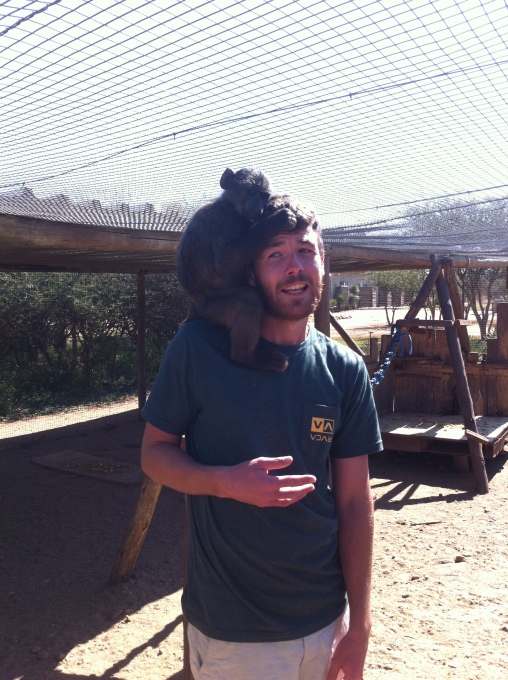
In the middle of May our district had a rare visit from elephants that had travelled over from Botswana due to the good rains we had this year. My translator and I took a detour from our TB work to spend a couple of hours looking for them in the area they had last been seen. We stopped to ask a guy at the side of the road whether he had seen the elephants or knew which way they were heading. He said yes, jumped in the car with us and pointed us to drive west. After about 15km he said he thought they were here, took a few seconds looking around on the floor for tracks and then told us he couldn’t find the tracks. He then told us that this was where he wanted to go anyway so he would depart here and we should have a nice day. We sadly didn’t find the elusive elephants, but I admire the quick thinking of the opportunistic hitch hiker.
Anton (name changed), who struggles with mental health problems, gave me one of the highlights of the year at the end of May. At the initial assessment last month in Windhoek, it was almost impossible for the doctor to assess him as he was so disabled by his psychosis. At his one month review he was a changed person and I couldn’t stop smiling when he answered the question ‘Who was Namibia’s first president?’ with ‘Sam Nujoma’, the correct answer. I don’t know what the future holds for him but perhaps there is a small glimmer of hope. I certainly can’t take any credit for this as I truly was just a taxi driver for Anton to his appointments in Windhoek.
On one of my last weekends, I took the translators to the local tourist lodge. We had a nice lunch with the new doctors and Clare, who then sadly had to go back to Epukiro because of some volunteer co-ordination issues. The translators and I went on a short walking safari, set up our tents and then were sitting having a beer. At that moment one of my translator’s cousins walked around the corner. They hadn’t seen each other for years as they lived around 180km apart, and didn’t know that each other had found jobs. Some of the rest of the evening was spent entertaining the San staff at the lodge we were staying at.
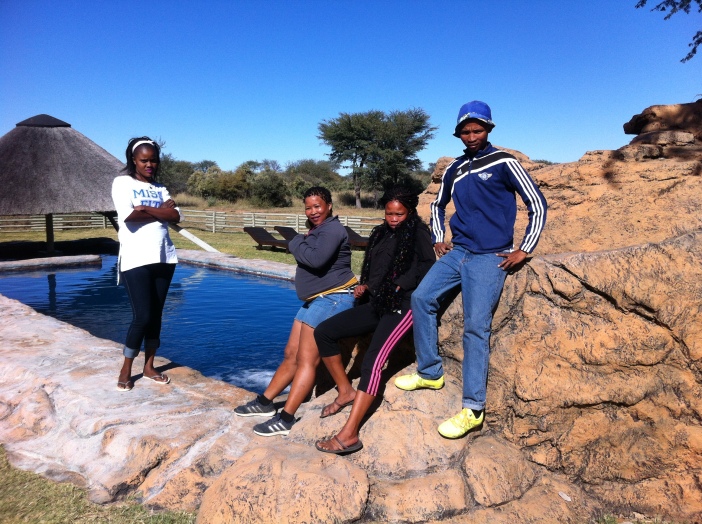
Sadly, the rump steak I bought for the translators to cook on the braai didn’t go down so well. They complained after they’d eaten it that it was ‘too soft’, ‘lacked bones’ and had ‘no flavour’ as I refused to massacre these amazing steaks with a boatload of braai spice like they wanted. I asked them what they liked best at the end of the weekend. Their favourite things were taking photos by the swimming pool for their social media profiles, and the chance meeting with their San extended family. Similarly to when I took my football team to Windhoek, it is often not the activity that I expect to be popular that they appreciate most.
To reach further away from the clinic, the TB project is starting overnight camping trips. I took the new doctors, Anna and Donal, to show them how I have done my previous camping trips in the furthest away areas. We screened about 30 people on the first day, with one or two people with symptoms that could be TB. Sadly, at this time of year the temperature drops to below zero at night. Often the San do not have enough blankets or warm clothes to sleep at night so they stay awake all night by the small fires they have and wait until morning. They then sleep from sunrise to late morning before collecting more firewood for the next night. It’s difficult to imagine how tough a life that is. We were staying that night in a tent, had two sleeping bags each and I still found it difficult to sleep because of the cold. When I slept on my back my nose became far too cold, so I tried to fully submerge myself in the sleeping bag. Unfortunately, I encountered my own beer breath reflecting back at me due to us sharing a couple of warm, African lagers with our hosts earlier in the evening. I’ll leave the cold camping conundrum to the new doctors as I certainly wasn’t in the best mood to continue the TB screening the next morning.
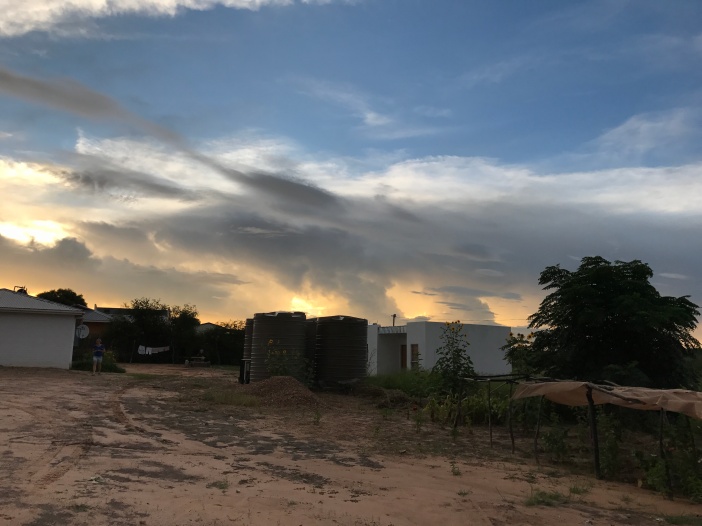
It feels strange that I’ll be back in the U.K. soon. I have the perfect relaxed return to England planned in order to contemplate life and how the year has affected me – a stag do in Benidorm. I think I am going to write once more in June about leaving Namibia and returning to England.
